
ACT commits to phasing out petrol cars from 2035
Royce Kurmelovs
Nine in 10 cars sold in the territory will be zero emissions by 2030 under a new plan being launched by the ACT government this week.
The Zero Emissions Vehicle Strategy will commit the territory government to phasing out light petrol cars from 2035 and is expected to include new incentives and other programs to encourage people to switch out their old petrol vehicles.
Transport emissions currently account for nearly two thirds – 60% – of the territory’s CO2 emissions.
The announcement builds on news from Queensland over the weekend with the northern state planning to expand its electric vehicle charging infrastructure into the outback.
When completed, Queensland’s charging network will be 5,400km long, opening up new travel destinations for more than 10,000 drivers in the state who have gone electric to date.
Key events:
Queensland records 6,682 new Covid cases and no deaths
Queensland has recorded 6,682 new Covid cases and no deaths. The state has 914 people in hospital with the virus and and 18 in intensive care.
NSW police to boost numbers to target gangs, terror and domestic violence
Specialist New South Wales police units targeting organised crime, terrorism and domestic violence are getting additional officers, with extra resources also going to support victims of crime, AAP reports.
Police minister Paul Toole says police prosecutions will also get a boost, with an additional 35 new positions created to help achieve convictions.
The minister announced 120 new positions on Monday, saying it was the biggest increase in police numbers across the state in more than 30 years.
We’re boosting every area and aspect of the NSW Police Force.
The extra positions are part of 550 new officers this financial year the government needs to fulfil a 2018 commitment to hire 1,500 staff over four years at a cost of $583m.
The new positions will lead to more proactive policing, including increased foot patrols and more officers in “high-risk areas”, Toole said.

NT records 469 new Covid cases and no deaths
The Northern Territory has recorded 469 new Covid cases in the latest reporting period, with no new deaths. There are 43 people with the virus in hospital and one person in intensive care.
House price downturn broadens
The housing market continues to fall as consecutive rate hikes, rising inflation and weaker consumer confidence puts pressure on values.
Data released by CoreLogic today shows 41.9% of local house and unit markets analysed in the June quarter declined in value, a significant increase on the first quarter, when 23.6% of markets recorded a fall in values.
CoreLogic economist Kaytlin Ezzy said the updated data showed a significant and more widespread uptick in the proportion of declining markets compared to March, when values were falling predominantly in the Sydney and Melbourne markets.
This analysis captures two of the three recent rate hikes so it’s not surprising to see the added downward pressure has had a broader impact on the housing market.
Signs of a slowdown and falls in value were already evident before the rate rises, but are now becoming more widespread across Sydney and Melbourne, and beginning to impact the more expensive areas of Brisbane, Canberra and Hobart.
Historically, premium suburbs are more volatile than the more affordable areas, values shoot up much faster during an upturn, but are among the first to fall during a declining market.
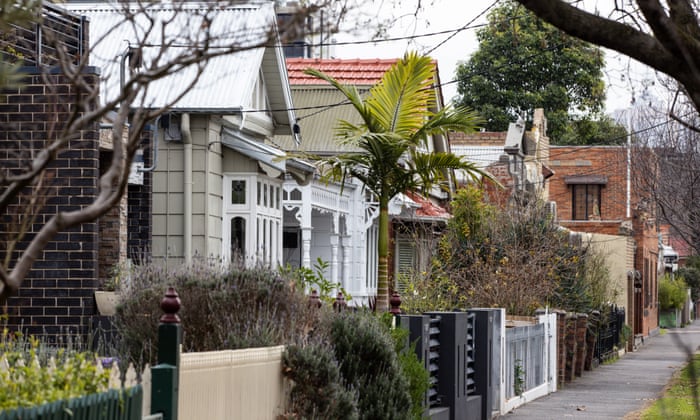
Now ‘not the time’ to reduce Covid isolation period, PM says

Josh Butler
The prime minister, Anthony Albanese, says now is “not the time” to start winding back the Covid isolation period below seven days, after NSW premier Dominic Perrottet floated the idea.
Australia’s isolation period was cut from 14 days to seven at the end of 2021. The US has a five-day recommended isolation period, while the United Kingdom removed all such rules earlier this year.
During last week’s national debate about reinstating the pandemic leave payment for people forced to miss work while isolating, Perrottet suggested cutting the isolation period.
On Radio National this morning, Perrottet said it was a “fine balance” but suggested Australia should eventually “move away from those mandated public health orders” around isolation.
On 5AA radio, Albanese said Saturday’s national cabinet meeting had discussed the idea of changing isolation periods, but that change was not imminent. He said:
The advice that is there from the chief medical officer, Professor [Paul] Kelly, was that now is certainly not the time for that to be considered.
That’s something health officials will continue to look at. But given the increased spread of the Covid virus over recent times – that we’ll see continuing, it’s expected to peak over the coming weeks – now’s not the time to change the provisions that are there.
Perrottet this morning suggested the pandemic leave payments, which have been reinstated until the end of September, should remain until mandatory isolation periods are dropped.
Albanese in the 5AA interview said the extensions of Covid support agreed at Saturday’s national cabinet meeting are “time limited”.
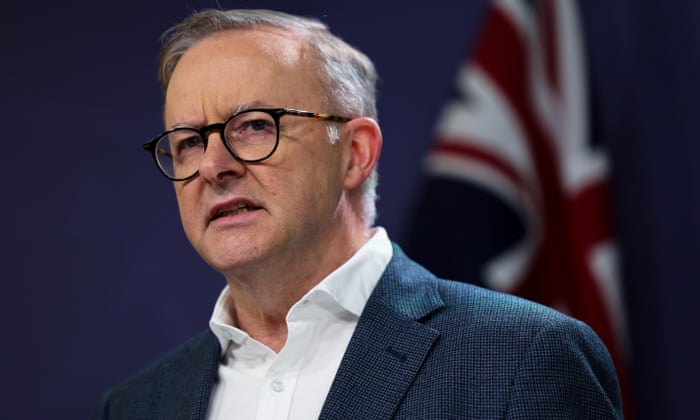
Danger on Tasmanian roads after snowfall
Snow in Tasmania could see black ice on the state’s roads.
Authorities are warning drivers to be careful, especially in the western, central and southern parts in the coming days.
Family ‘heartbroken and angry’ after Australian teen dies in Syrian prison
A teenage boy from south-west Sydney who was taken to Syria at the age of 11 is believed to have died in an attack on the adult prison where he has been held for three years.
In a statement, the family of 17-year-old Yusuf Zahab said they were “heartbroken and angry” after learning of the death of the boy, who was separated from his family and imprisoned in a men’s jail at the age of 14.
His family said he pleaded for help from the Australian government during the fighting at Ghweiran prison in Hasakah in January.
The family said:
Today we are heartbroken and angry. We are heartbroken and angry because Yusuf didn’t need to die.
The previous Australian Government knew about Yusuf’s predicament for more than three years. We are unaware of any efforts to support, care or inquire about him.
We are pleading with the Albanese Government. Please repatriate the remaining Australian women and children. Please act before another life is lost.
In a statement, Save the Children said reports of the death are “shocking” and a “terrible tragedy”.
Mat Tinkler, the CEO of Save the Children, said:
We repeatedly warned the previous government of the risks to Australian children who have been trapped in Syria for more than three years.
The Albanese government must act quickly to protect the remaining Australian children in Syria.
At least 63 Australians, including more than 40 children, are languishing in the camps in north-east Syria, Save the Children said.
Walkouts at two Sydney hospitals today over staff and bed shortages
Nurses and midwives at Sydney’s Blacktown and Westmead hospitals have walked out this morning to protest chronic understaffing they say is putting patients at risk.
Brett Holmes from the NSW Nurses and Midwives’ Association told the ABC earlier this morning about the conditions for nurses and midwives inside these hospitals.
They’re fairly horrific. Particularly in emergency departments right across the hospital system.
Our members at Westmead in particular have been reporting for weeks on end that they’ve been in bed block, and that means that there are large numbers of patients who are admitted waiting for a bed but having to wait in the emergency department waiting room.
Now, that’s not very safe for the patients, nor for staff. These are patients who really need one nurse for four patients, or even higher than that. But that’s impossible to deliver in the emergency department. At the same time, that our emergency department nurses are working short-staffed.
And this has been going on for weeks on end and efforts by our members to engage with members and have emergency responses put in place have seem to have failed to result in any outcome.
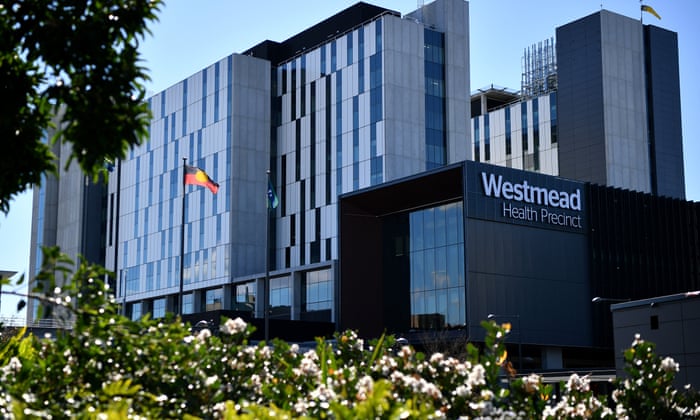
Inflation in New Zealand hits 7.3%
Inflation in New Zealand has risen to a fresh 32-year high, reaching 7.3% and prompting the government to issue cost-of-living relief, AAP reports.
Stats NZ today released the quarterly consumer price index (CPI) figures for the year ending in June, a lift from 6.9% from the year ending March. That figure was already the highest since 1990.
Housing costs are a big reason for the boom, rising 18.3% over the last year.
Stats NZ spokesman Jason Attewell said:
Supply-chain issues, labour costs, and higher demand have continued to push up the cost of building a new house.
The next biggest contributors were rising transport and food costs, though Westpac NZ senior economist Satish Ranchhod said “inflationary pressures are widespread and likely to persist for some time yet”.
Pre-empting the release, Jacinda Ardern’s government announced on Sunday an extension to cost-saving measures.
Fuel excise duty, road user charges and public transport fares will remain at lower prices until January next year.
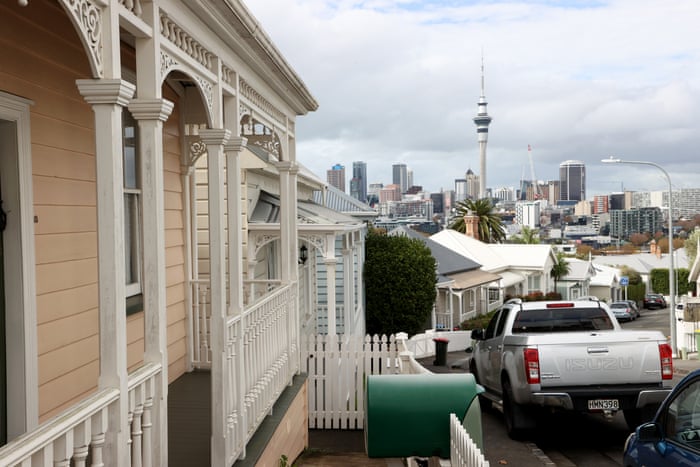
Tory Shepherd
Calls for more water buybacks to sustain Murray-Darling Basin
Hopes that environment-saving water will be delivered through the Murray-Darling Basin plan are evaporating rapidly.
Just two gigalitres of a promised 450GL have been delivered so far. The federal government is set to table the much-delayed Water for the Environment Special Account (WESA) report when parliament sits in just over a week.
The Australia Institute and the Greens say further water buybacks – which were capped under the Coalition – are the only way to get the water needed to sustain the basin, but that would require legislation.
Two adults and infant found dead in NT
An infant and two adults have been found dead at a property near Alice Springs, AAP reports.
Northern Territory police said the bodies of three people were found at the property, about 25km north of the city, on Sunday afternoon.
Police received a report at around 2.30pm this afternoon that the bodies of two adults and an infant had been found at the location.
It said investigators had set up a crime scene at the property.
NSW records five Covid deaths with 2,169 people in hospital
New South Wales has recorded five Covid deaths and 9,761 new cases in the last reporting period. There are 2,619 people in hospital with coronavirus in the state and 64 in intensive care.
COVID-19 update – Monday 18 July 2022
In the 24-hour reporting period to 4pm yesterday:
– 96.7% of people aged 16+ have had one dose of a COVID-19 vaccine
– 95.2% of people aged 16+ have had two doses of a COVID-19 vaccine pic.twitter.com/hnjB0on37k— NSW Health (@NSWHealth) July 17, 2022
Victoria records 18 Covid deaths with 821 people in hospital
Victoria has recorded 18 Covid deaths and 10,251 new cases in the last reporting period. There are 831 people in hospital with the virus in the state and 35 people in intensive care.
Burke calls for skills-based government boards after ‘jobs for mates’ report
A new report has called for fundamental reform to political appointments to government boards after finding one in five lucrative and powerful federal government board positions were handed to politically connected individuals.
The employment minister Tony Burke was asked about the Grattan Institute’s report on the ABC this morning, and if the Albanese government will “stamp out” this behaviour.
I don’t think anyone will say that you’re vetoed forever [from appointments] if you’ve been politically involved.
What we saw from the previous government was off the charts. It was completely lacking in merit. I think that report referred to Australia Post where it’s something like half the board.
Now, the approach that I have taken with my department is effectively, I have them to put together what’s the skills criteria. This is as arts minister, where we got boards, to make sure that we have the different skills match. You need a skills-based board.
I think for the previous government, the Liberal party membership was the only skill they were after. I’ve got a situation, the National Museum … here in Canberra doesn’t have a single historian on the board.
The National Portrait Gallery has no one who is First Nations on its board. You need to say, what’s the mixture of people you need on these boards to make sure that you’re filling the gaps appropriately.
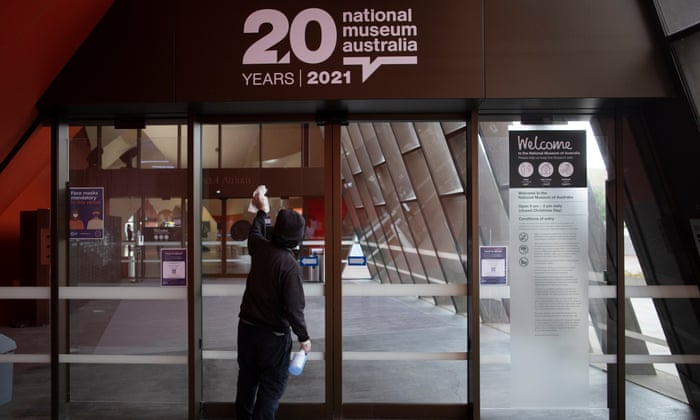
Christopher Knaus has more on that report from the Grattan Institute:
ANZ to buy Suncorp Bank for $4.9bn
ANZ has announced it will acquire Suncorp Group’s banking unit for $4.9bn, in what could be Australia’s biggest banking deal in more than a decade.
The news comes just days after ANZ revealed it was in talks with private equity firm KKR & Co to buy software company MYOB Group, in a deal that local media pegged at over $4.5 billion.
Last month, Suncorp, Australia’s second-largest insurer by market value, said it was conducting a strategic review of its banking operations to focus on its top-revenue generating insurance business.
Suncorp’s banking and wealth unit contributed 40% of the insurer’s total profit in fiscal 2021, and had loans worth $58.39bn as of 31 December 2021, mostly comprising home loans.
– with Reuters
ANZ to takeover of Suncorp Bank
ANZ has signed a deal to buy Suncorp’s banking business for $4.9bn.
We’ll bring you more information on that soon.
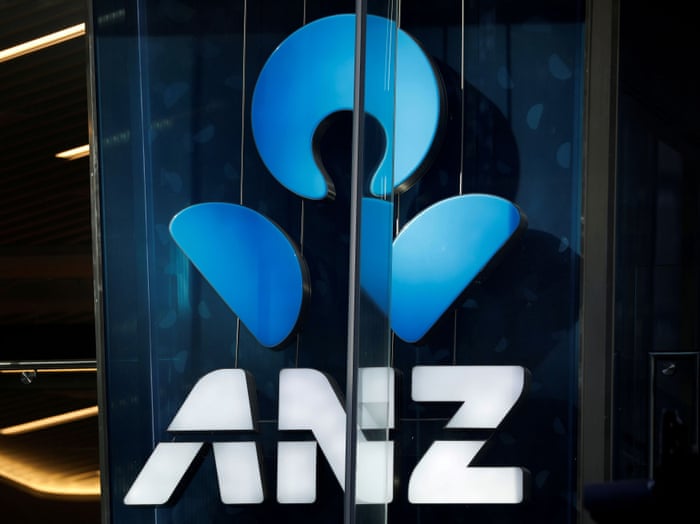
‘Changing rapidly’: Tony Burke on Covid isolation periods
Burke is asked about whether he anticipates that the government will look at dropping the mandatory seven-day isolation periods and treat Covid like any other disease when the isolation payment ends on 30 September.
He says the government will take “the best information as it comes.”
If you go back to when the pandemic started, every time everything was time limited and there’s a reason for that. This is something that is changing rapidly.
Employment minister says there is ‘no reason not to be tested’ for Covid
Tony Burke, the employment minister, is asked on the ABC if the Covid-19 situation changed drastically between Friday and Saturday, after the prime minister Anthony Albanese reinstated Covid isolation payments after he was “digging in” earlier in the week.
You can pick what day or whatever you want. I have to say, the decision that’s been made I’m glad of. I think it’s particularly important given the new variants. There’s new information emerging about the new variants all the time.
The last thing we want with the new variants is for people not to be tested because they’re in a situation where they would have no means or – no livelihood.
I want the message to be clear to people – that you have no reason to not be tested. You will be looked after – if you have sick leave, you can access that, if you don’t, you will still be looked after here with the $750.
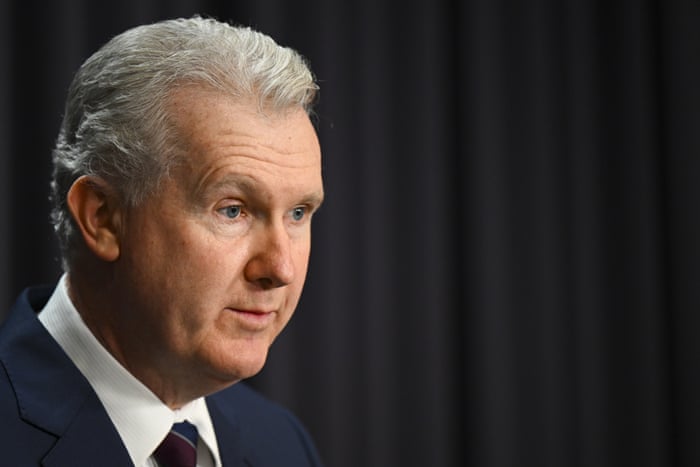
Vaccinating Australian livestock against foot and mouth disease risks export market access
Dr Mark Schipp, the chief veterinary officer, has been in Indonesia with the agriculture minister Murray Watt as part of an Australian delegation to aid the country with its foot and mouth disease outbreak.
Schipp told the ABC this morning they were helping Indonesians vaccinate the country’s farm animals.
However, he says Australia can’t vaccinate its animals or Australia will lose its market access.
Australia has free market access in exporting animal products because it’s considered a foot and mouth disease-free country, but vaccination could signal to countries buying Australian livestock products that the disease is present.


